Your cart is currently empty!
Tag: Organic Growing
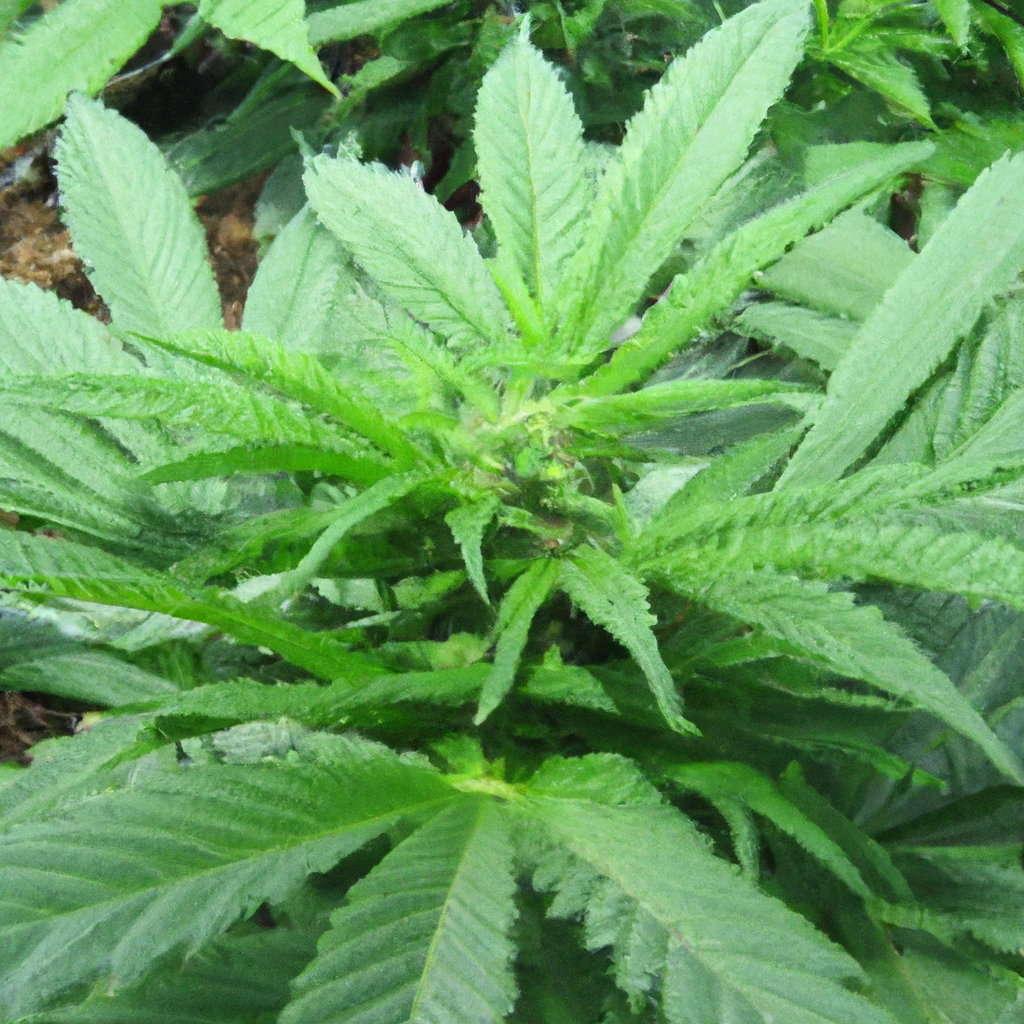
Organic cannabis cultivation emphasizes healthier plants and environmental mindfulness through natural methods. By utilizing compost, cover crops, and mulching, growers can enhance soil ecosystems and promote plant health. Natural fertilizers like bat guano, worm castings, and fish emulsion provide essential nutrients without harmful chemicals. Integrated Pest Management (IPM) uses beneficial insects, companion planting, and neem…
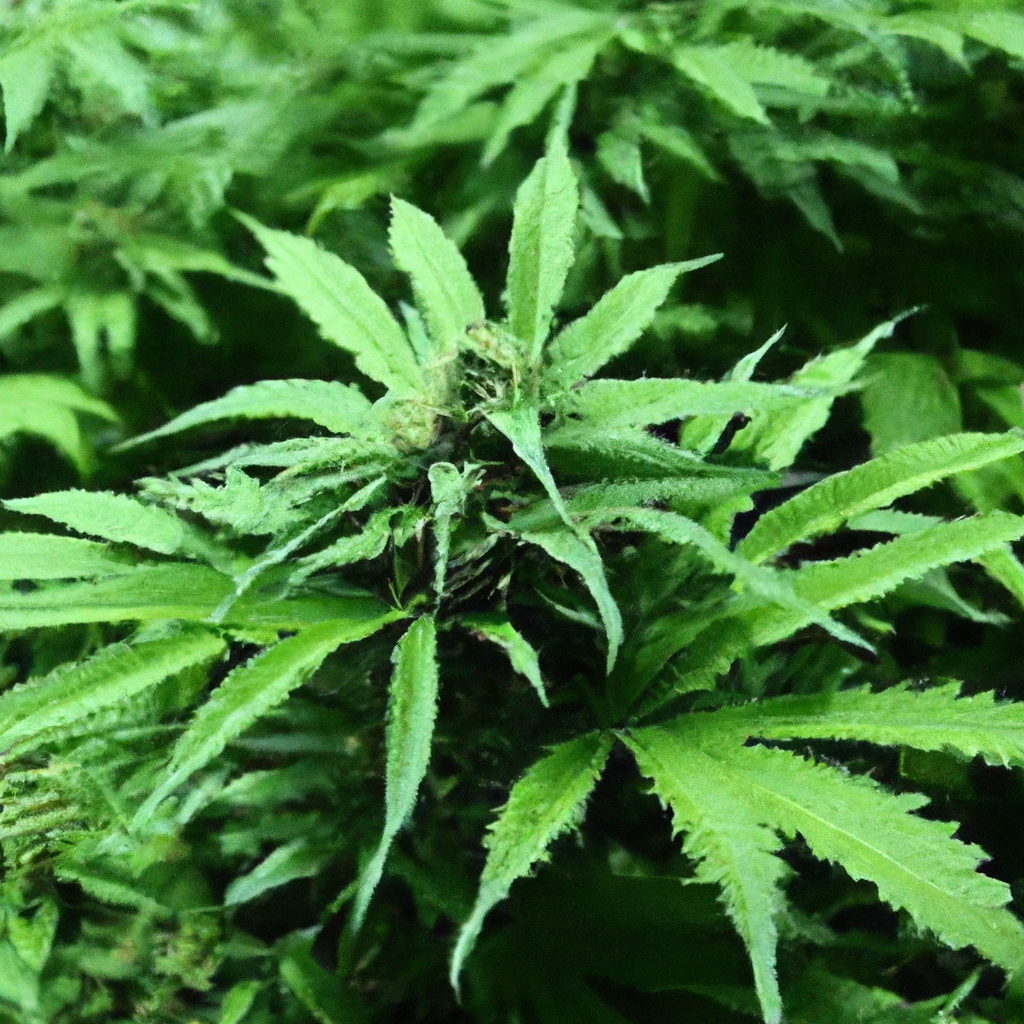
Organic cannabis cultivation offers both environmental and quality advantages, emphasizing the use of natural fertilizers, rich compost, and organic pest control to foster a thriving ecosystem. This approach nurtures the soil and plant health, employing solutions like composting, bone meal, fish emulsion, and sustainable pest management methods such as beneficial insects and companion planting. Beyond…
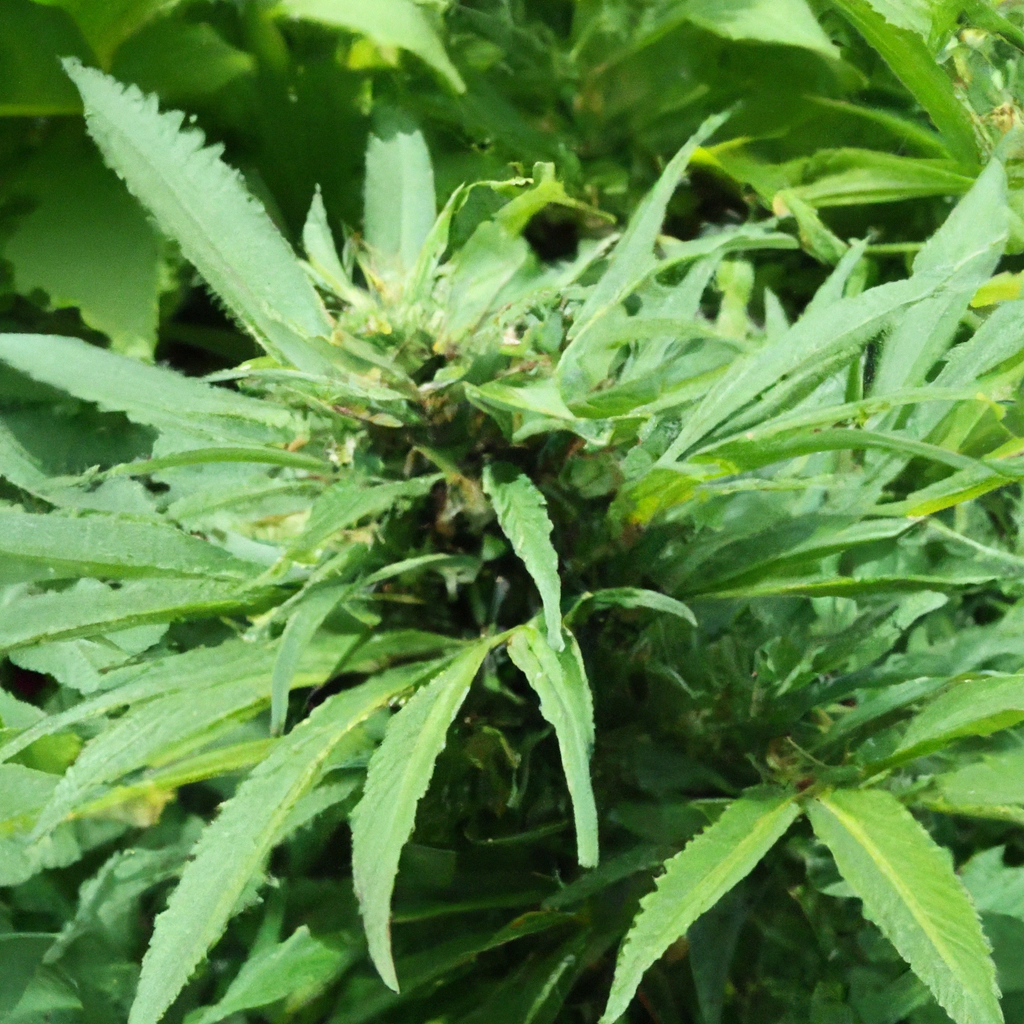
Organic cannabis cultivation focuses on sustainable and chemical-free practices to produce high-quality yields. Key strategies include nurturing a healthy soil ecosystem with compost, mulch, and cover crops, along with promoting biodiversity. Natural fertilizers like fish emulsion, kelp extract, and worm castings provide essential nutrients without synthetic chemicals. Eco-friendly pest control methods such as the use…
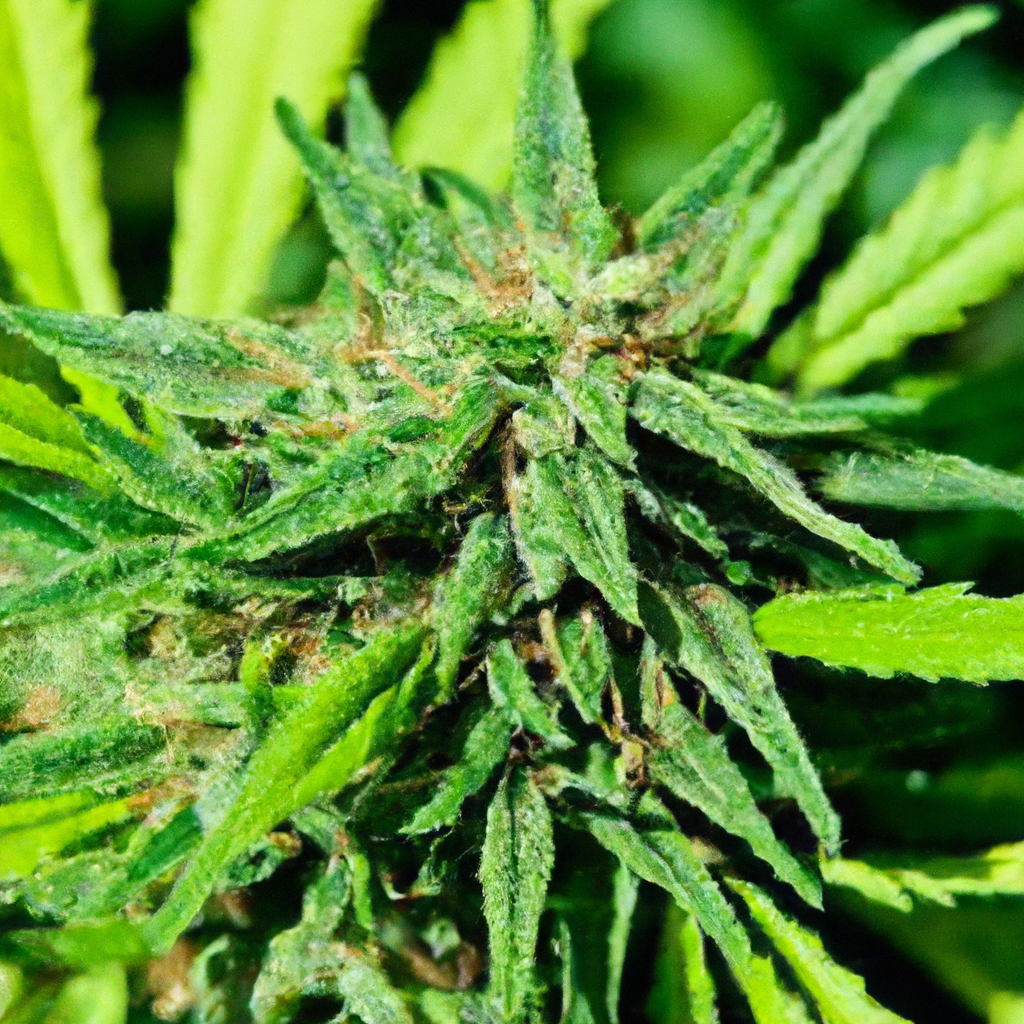
Discover the benefits of organic cannabis cultivation through natural fertilizers, compost, and sustainable pest control methods. Enhance soil health using compost, cover crops, and beneficial microbes. Opt for natural fertilizers like bone meal and fish emulsion for plant growth, and utilize techniques such as companion planting and neem oil for pest management. Embrace sustainability with…
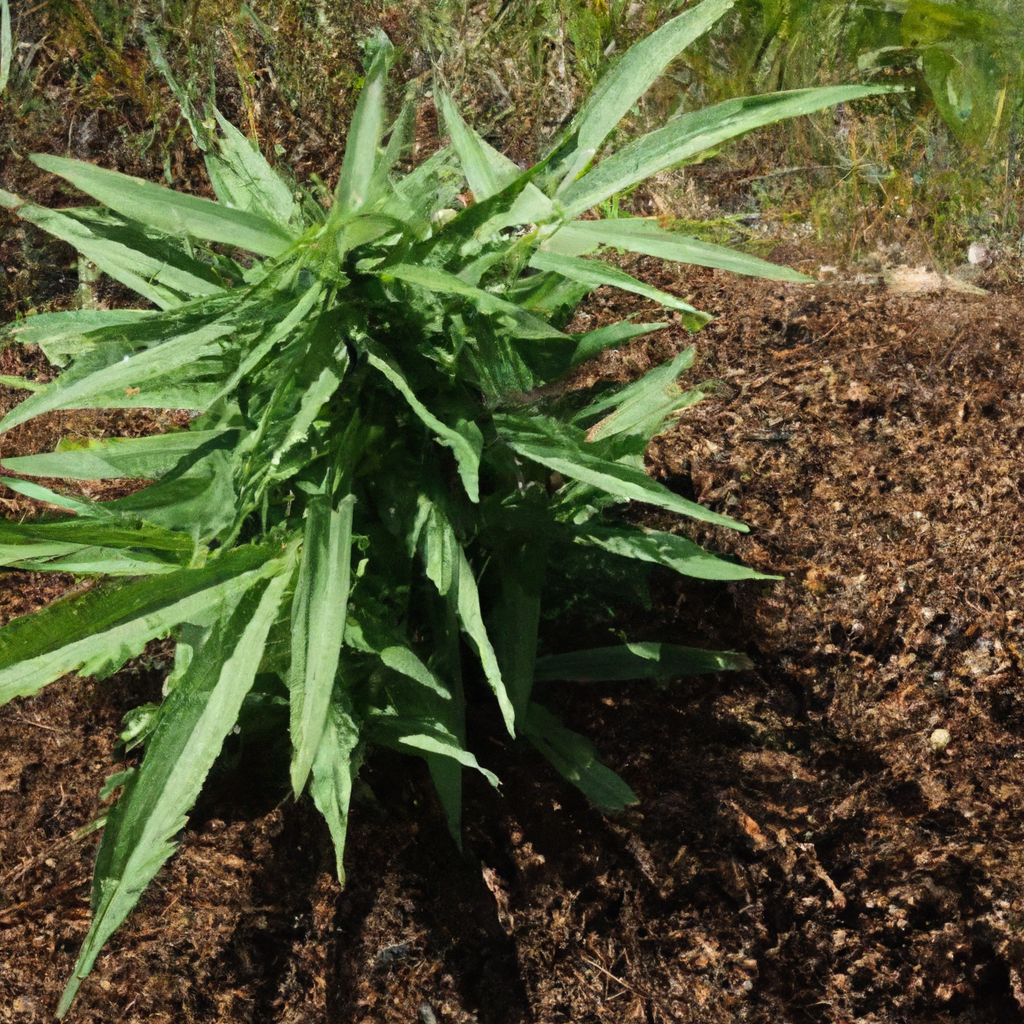
In recent years, many cannabis growers have turned to organic cultivation methods, producing cleaner, safer products and benefiting the environment. This guide provides a blueprint for organic cannabis farming, emphasizing healthy soil ecosystems, sustainable fertilization, and eco-friendly pest control. Key practices include composting, using natural fertilizers like fish emulsion and worm castings, and employing methods…
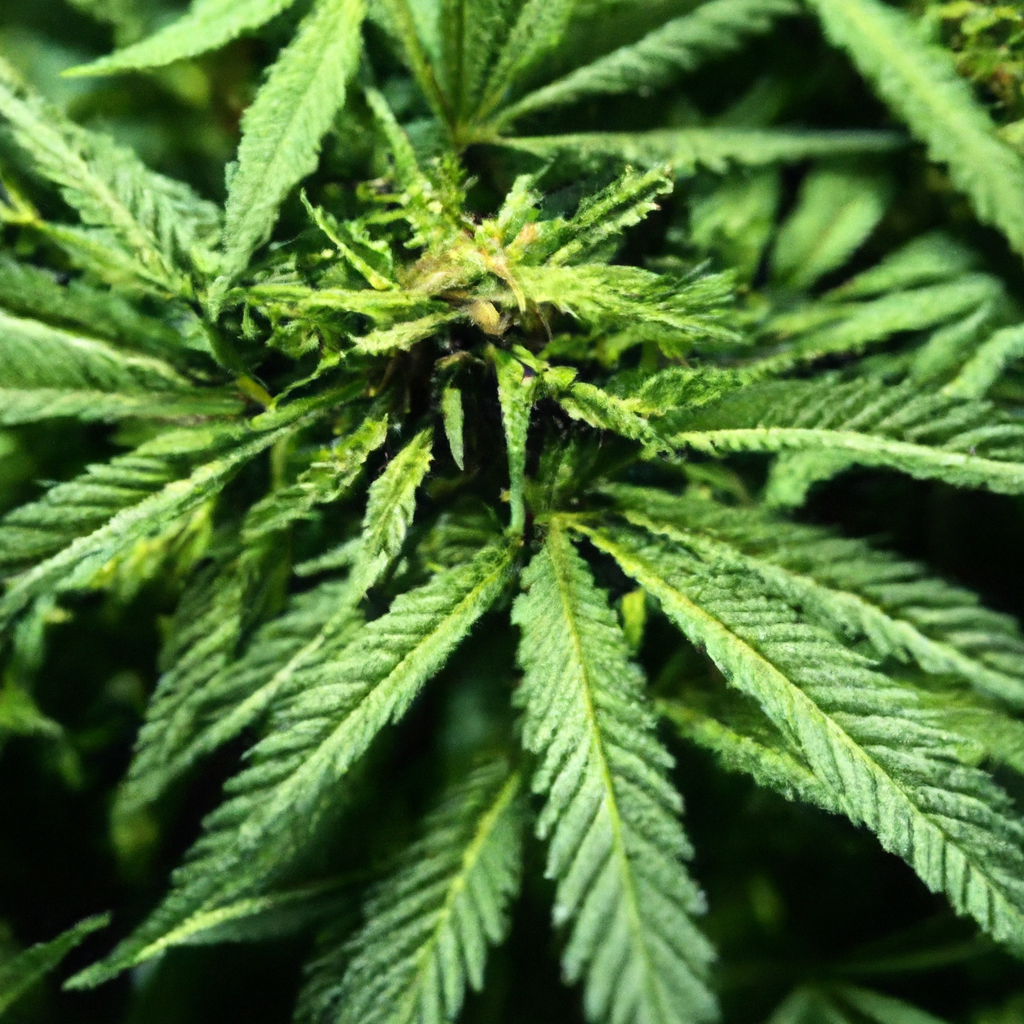
Consumers are increasingly demanding organically grown cannabis for its health and environmental benefits. This blog post delves into the best organic cultivation practices, focusing on natural fertilizers, pest management, and soil health. Natural fertilizers like compost and manure enrich the soil without environmental contamination. Organic pest control methods, such as using beneficial insects and neem…
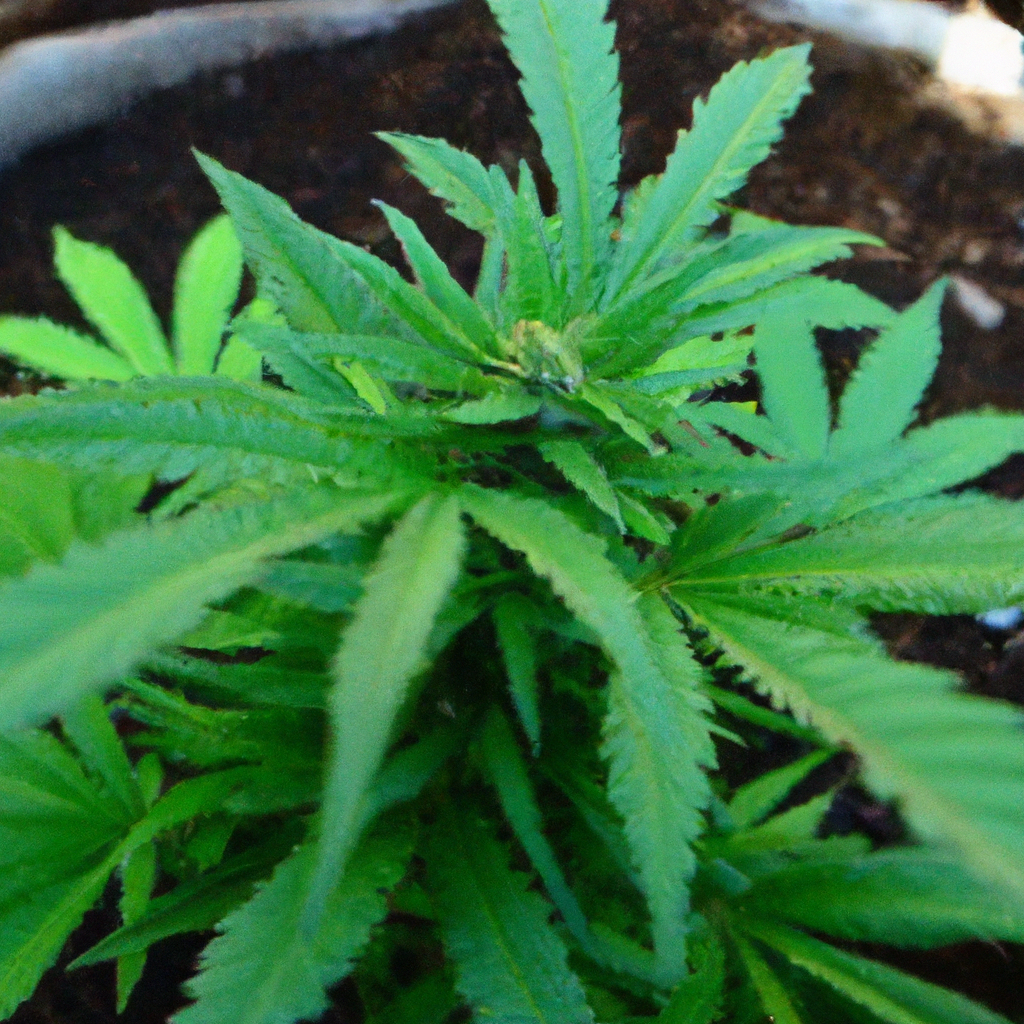
Organic cannabis cultivation embraces sustainable, nature-friendly practices that benefit both the environment and consumers. Key methods include using natural fertilizers like compost and fish emulsion, implementing natural pest control through companion planting and beneficial insects, and building a thriving soil ecosystem with organic soil amendments and mulching. This approach reduces environmental impact and enhances consumer…
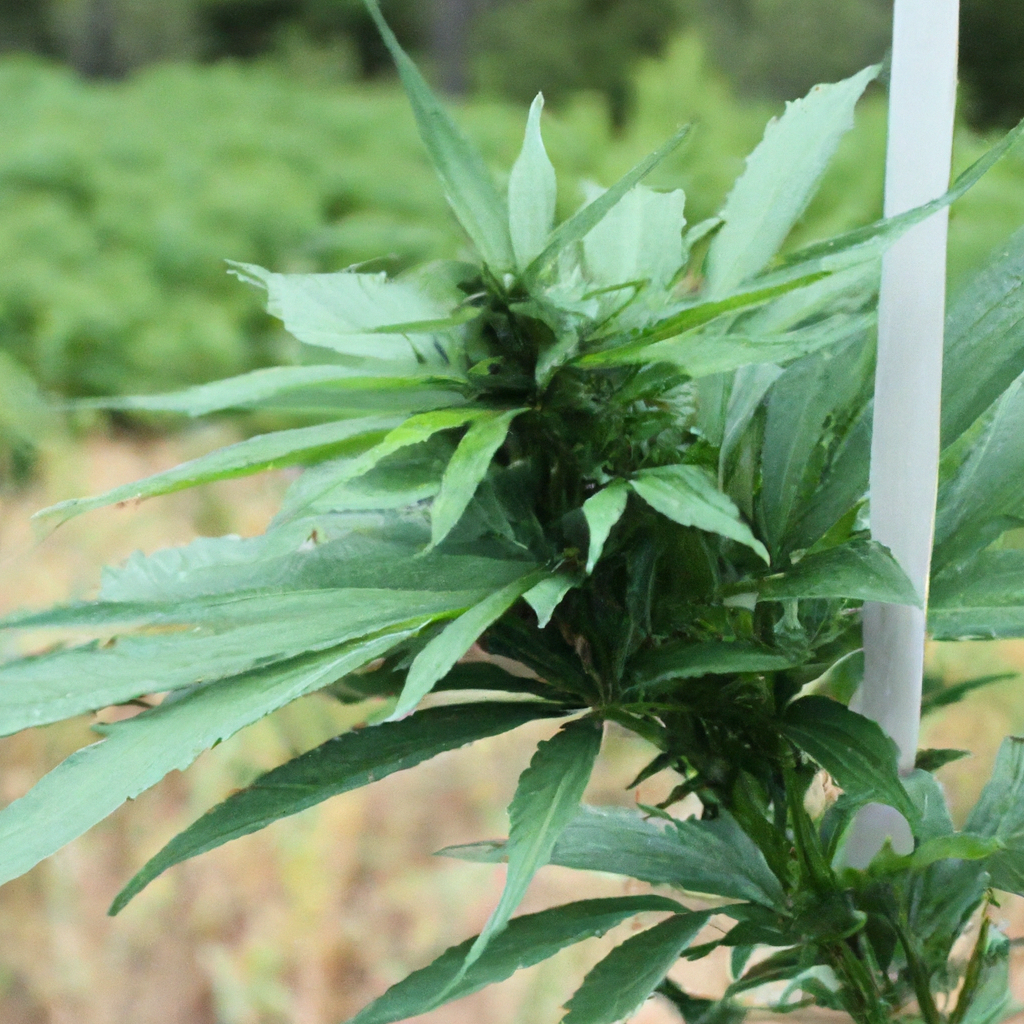
Organic cannabis cultivation focuses on achieving pure and sustainable growth by leveraging natural practices, which benefit both the plants and the ecosystem. Key strategies include developing nutrient-rich soil through composting, cover crops, and crop rotation; using natural fertilizers like bone meal, fish emulsion, and seaweed extract; and employing eco-friendly pest control methods, such as companion…
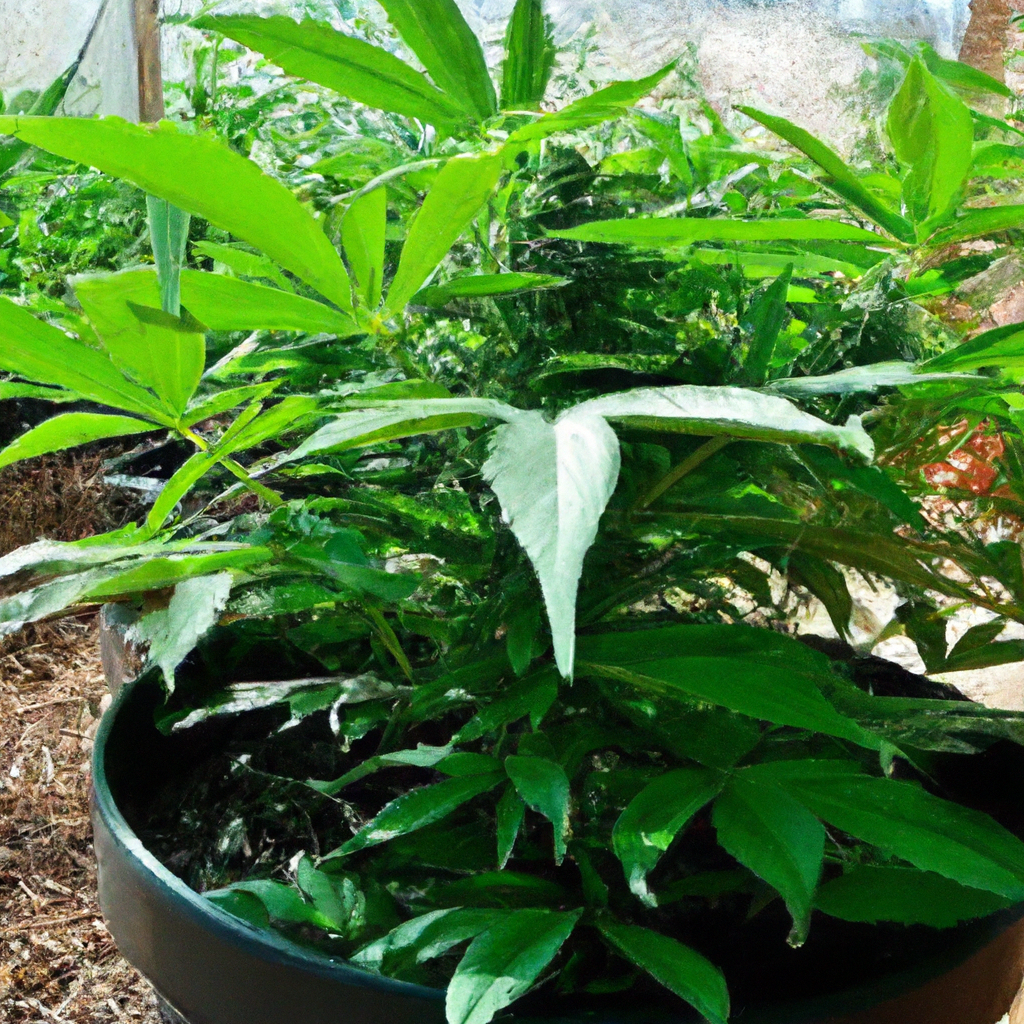
Organic cannabis cultivation involves sustainable practices that benefit the environment and consumers. Key practices include enriching soil ecosystems through composting and cover crops, using natural fertilizers like worm castings and fish emulsion, and managing pests with companion planting and neem oil. These methods reduce chemical runoff, enhance soil biodiversity, and produce cleaner, more flavorful cannabis…
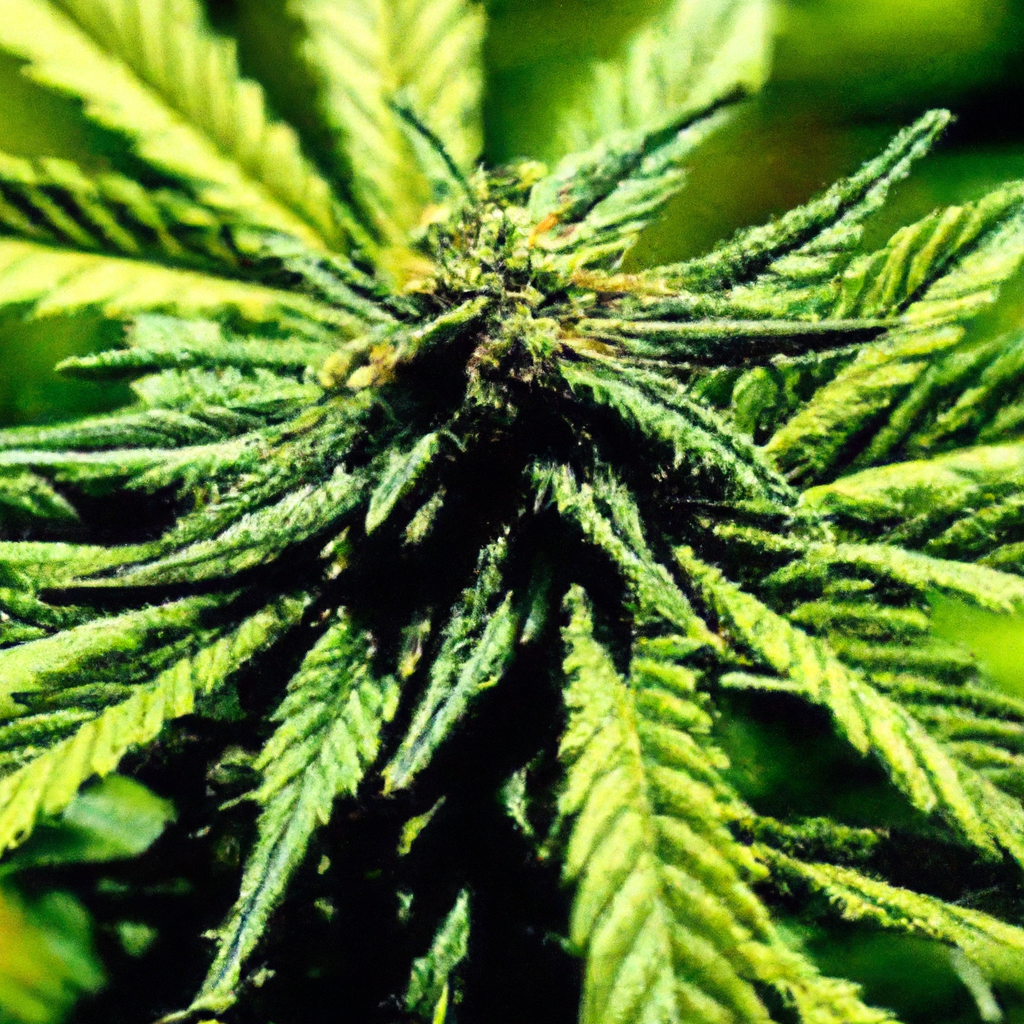
Organic cannabis cultivation offers significant benefits for both the environment and the quality of the cannabis consumed. By developing a healthy soil ecosystem, using natural fertilizers, and implementing organic pest control methods, growers can produce cannabis that is free from synthetic chemicals and more environmentally sustainable. This approach not only protects local ecosystems but also…
